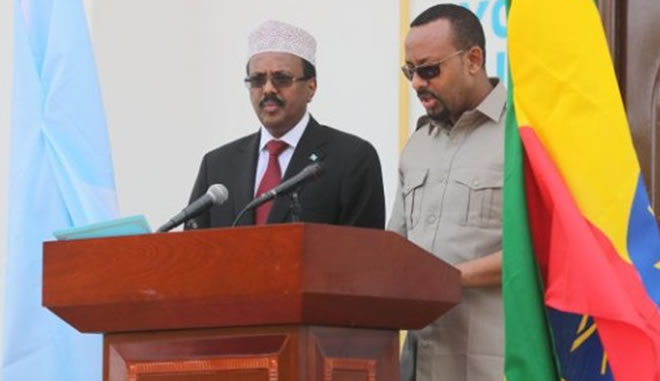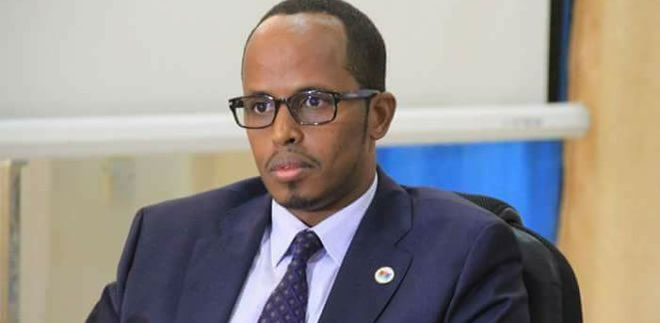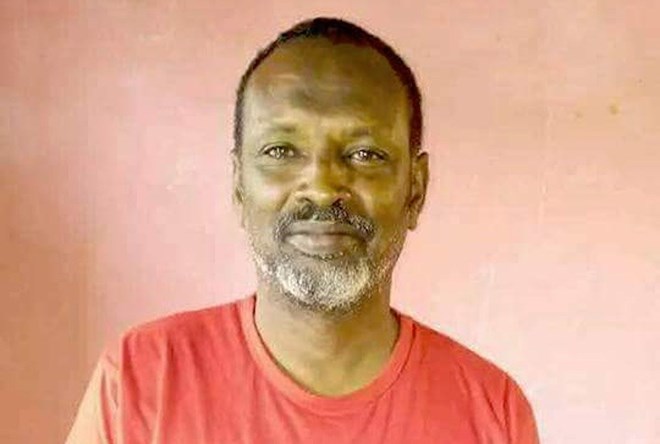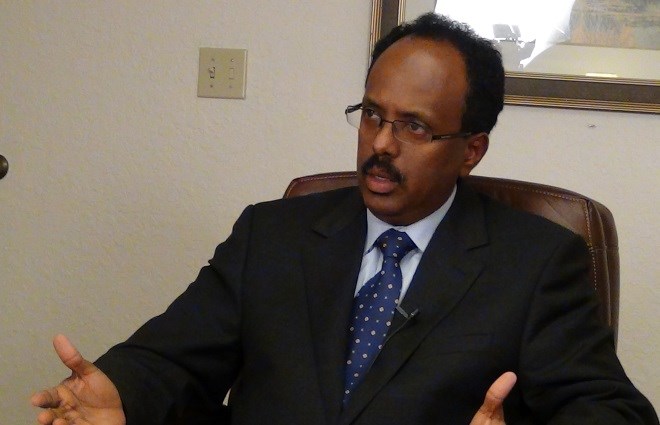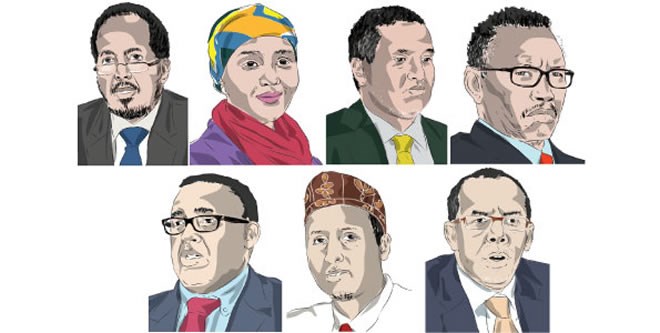The Curse of Political Impasse
By Heikal I. Kenneded
December 14, 2018
The Speaker of the Somali parliament, Mohamed Mursal may have pulled a surprise on President Farmajo by accepting the opposition to bring a no-confidence motion against him. With the opposition all set to bring its no-confidence motion against President Farmajo, they have found an unlikely ally with the Speaker, who seems to hold his own grudges against the President for undermining his authority as a Speaker. The motion signed by dozens of opposition members of parliament outlined a long list of grievances against the President, including entering “secret agreements” with Ethiopia and Eritrea over port access and economic and security cooperation. Despite the unlikely success of an impeachment motion to pass at this time due to the contention that many of the signatory legislators in the list declared invalid, nonetheless it shows the political calamity that such motion of no-confidence represents. This type of malicious political crisis has enormous implications for Somalia’s current fragile political system that could potentially threaten any hopes for a democratic government to take root in the country.
This latest standoff came amid allegations of corruption against the government by a parliamentary committee oversight on finance that declared in its annual report there was over a twenty-million dollars missing from the government’s coffers. The Farmajo government that took great pride in its fight against corruption did not receive well this pungent allegations and in retaliation pushed for the disbanding of the parliamentary oversight committee on finance through the deputies of the Speaker of Lower House of parliament. All of this was happening while the Speaker was out of the country and he had to find out from the news outlets like everyone else, which did not sit well with him and thought he was completely undermined. Further, Speaker Mohamed Mursal was not content with President Farmajo’s unhelpful meddling of the looming elections in the South Western regional state, where the President recently dispatched hundreds of forces to “secure” the elections, while financing one of his ex-cabinet Ministers to win the election.
The power to remove the President through a no-confidence motion is an effective tool afforded to the legislators in the parliament and by triggering the President’s downfall, opposition legislators can significantly impact government direction in parliamentary democracies. Yet, it is highly unlikely the success of no-confidence motions and their chance to overthrow the government due to the high number of MPs who are currently serving in the government. In effect, President Farmajo has recently faced complaints during the first couple of years in office that he devotes too much time to partisan politics and that he is too headstrong to listen to the opposition’s grievances and other heads of regional states. The President nonetheless contends that the opposition is mainly to blame for the political feuding of recent months, including a virtual impasse in relations between his government and the powerful opposition administration in the regional states.
By trying to disrupt the voice of the opposition and that of most federal states, President Farmajo has recently made several unholy alliances with the Ethiopian and Eritrean governments without any consultations with the legislative branch of the government as required by the constitution. By discrediting the views of the political opposition and political process, the President is playing with fire as he edges the country towards another political instability. In other words, the President needs to acknowledge and respect the legislative review committees and the role they play as scrutiny and integrity mechanism in government, as part of good governance.
On the other hand, the opposition contends that it is President Farmajo who threatens democracy by completely undermining their legislative role in government to provide necessary oversight of check and balance to the executive branch of the government. Interviews with several lawmakers suggest the move of no-confidence motion against the President was brewing for quite some time and it was just a matter of time before the Speaker also lost confidence in the President and allowed the opposition to table their motion of no confidence against the President. Due to the messy nature of such motion-business of the parliament, it is highly likely for the country to witness stormy political infighting. There is an urgent need to focus on those factors that limit the ability of the Somali government to frame and pursue policies necessary for effective ‘crisis-management’; only then will it be possible to assess the country’s capacity to deal with these political impasse. This would appear to be a necessary prerequisite for understanding the current political stalemate in Somalia, a stalemate brought about through the inability of the government to negotiate with opposition forces within the government and spearhead the country through peaceful means.
It was only eight months ago when President Farmajo rallied around his allies in the parliament to pressure the previous Speaker, Professor Jawari to resign from his post without any explanations or due process. This was bound to have serious repercussions of setting such autocratic precedence of political infighting that it’s now coming back to haunt him when he expected the least since he thought the new Speaker was in his circle until he undermined him and interfered his authority. This shows the political immaturity on both sides of the leadership who failed to resolve their issues amicably without resorting to ultimatums that only widens the gap of their working relationship.
In other words, in light of the constitutional provisions, a no-confidence motion cannot be brought against the President without the signatures of one-third of parliament, not to mention that it would require two-thirds of the legislators to vote him out. At the present political blow, it will derail the achievements of the past two years and throw the country in a status of uncertainty. The best way to push forward the country is to reach a political compromise among the various heads of government and political stakeholders before it comes to such unproductive motions of no-confidence that could derail the country’s scanty achievements in politics and security. More fundamentally, it is hard to see where such destructive political infighting could lead, when Al Shabab terrorists are bent on destroying the government in which they regard un-Islamic.
In the end, this latest motion of vote of no-confidence against the President may not come to pass, but still it will constitute a moral victory for the opposition to challenge the President on equal ground. President Farmajo nonetheless needs to make a fresh attempt to ''listen'' to lawmakers in the government in order to defuse confrontation with the opposition and overcome political divisions in by responding more quickly to economic and security challenges.
Heikal Kenneded
heikalk@yahoo.com
Washington D.C.


